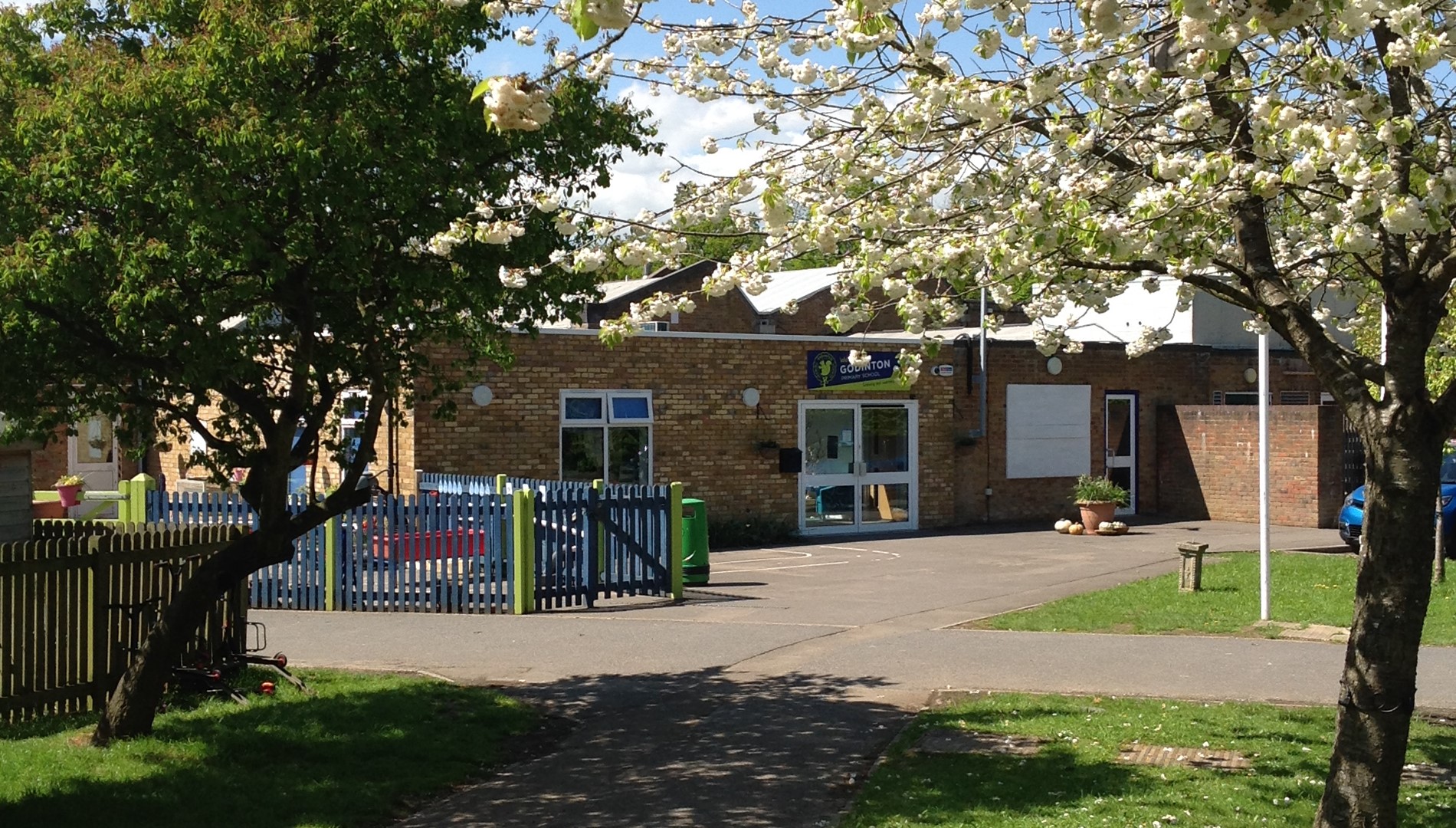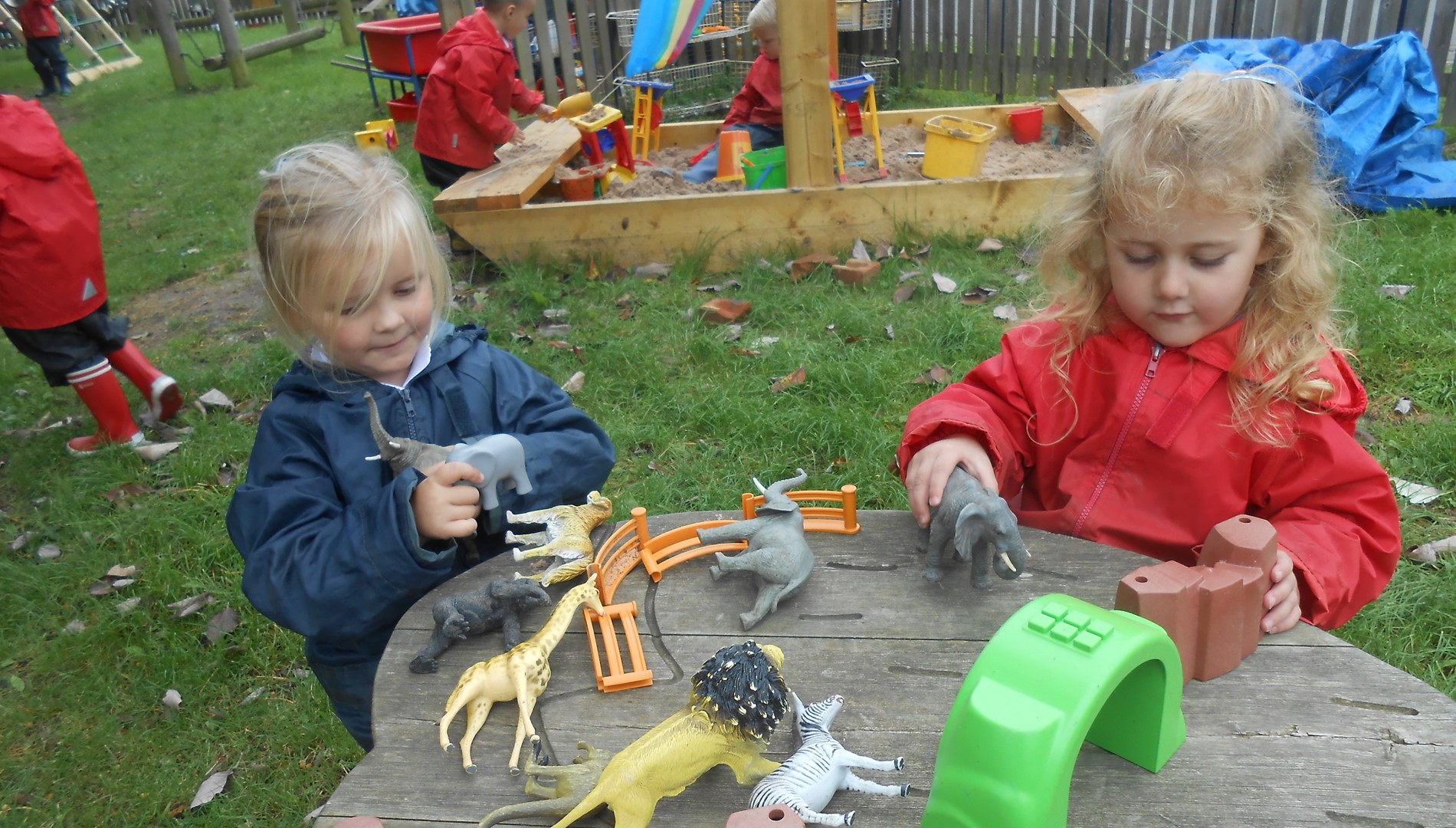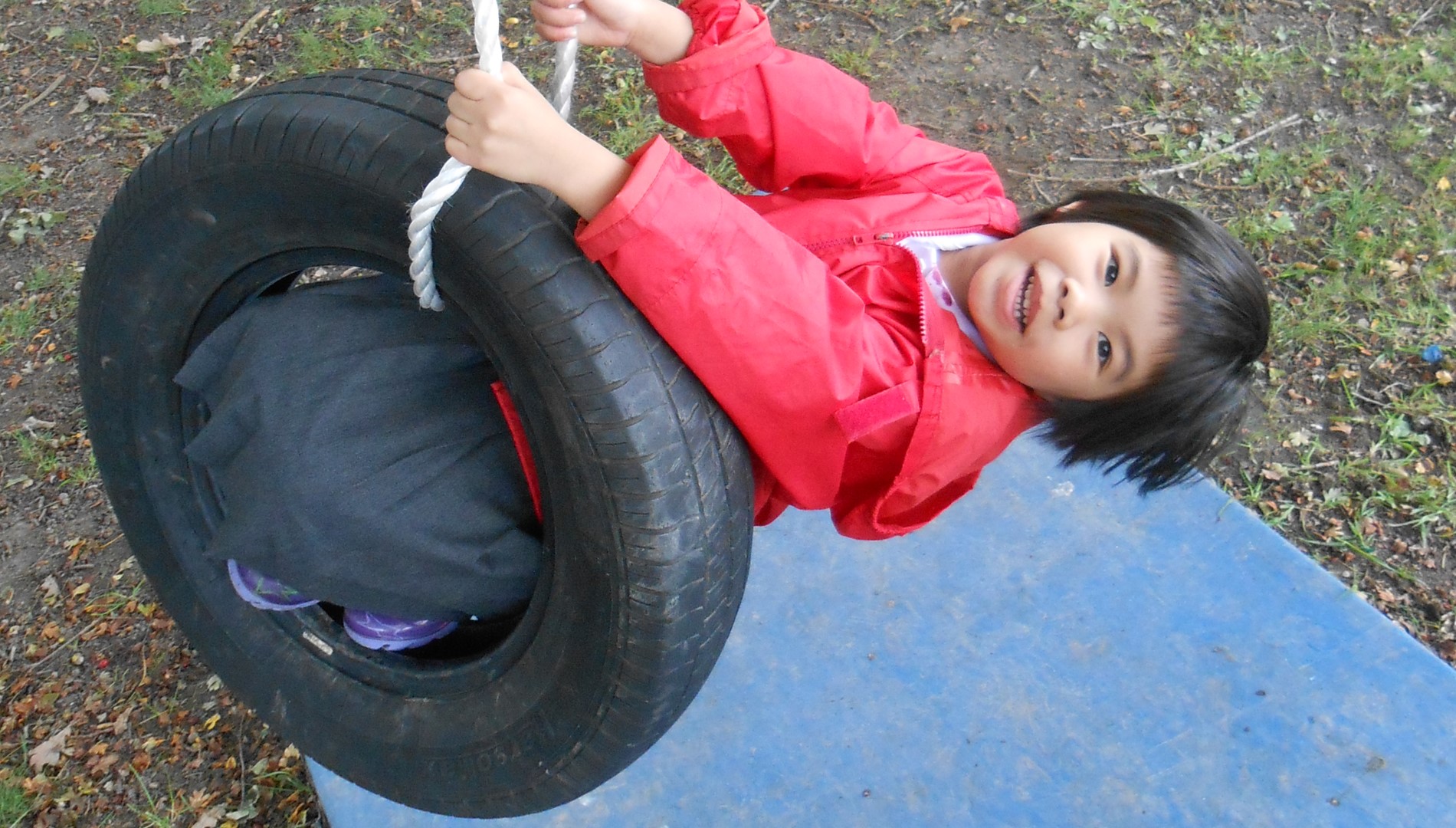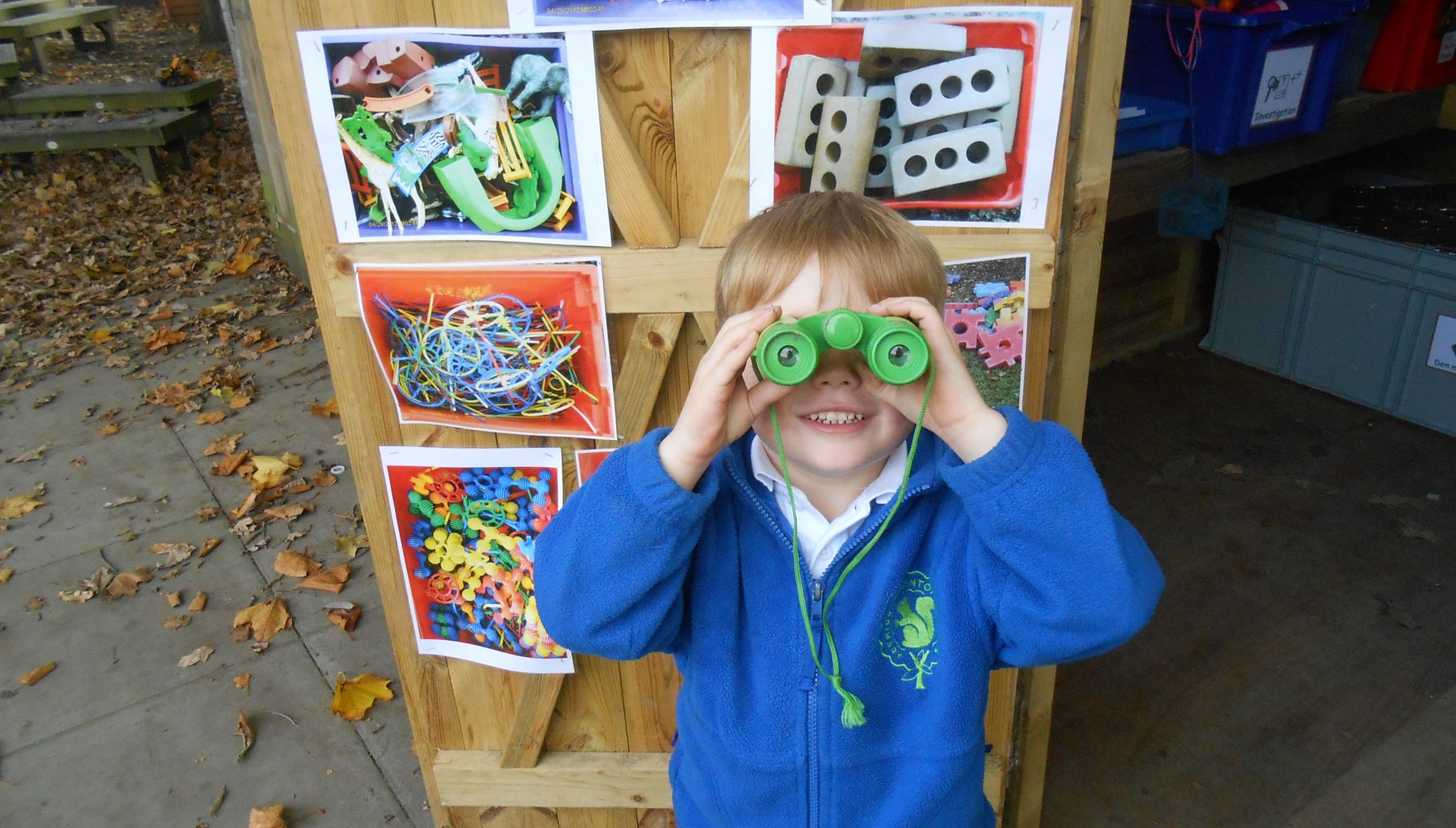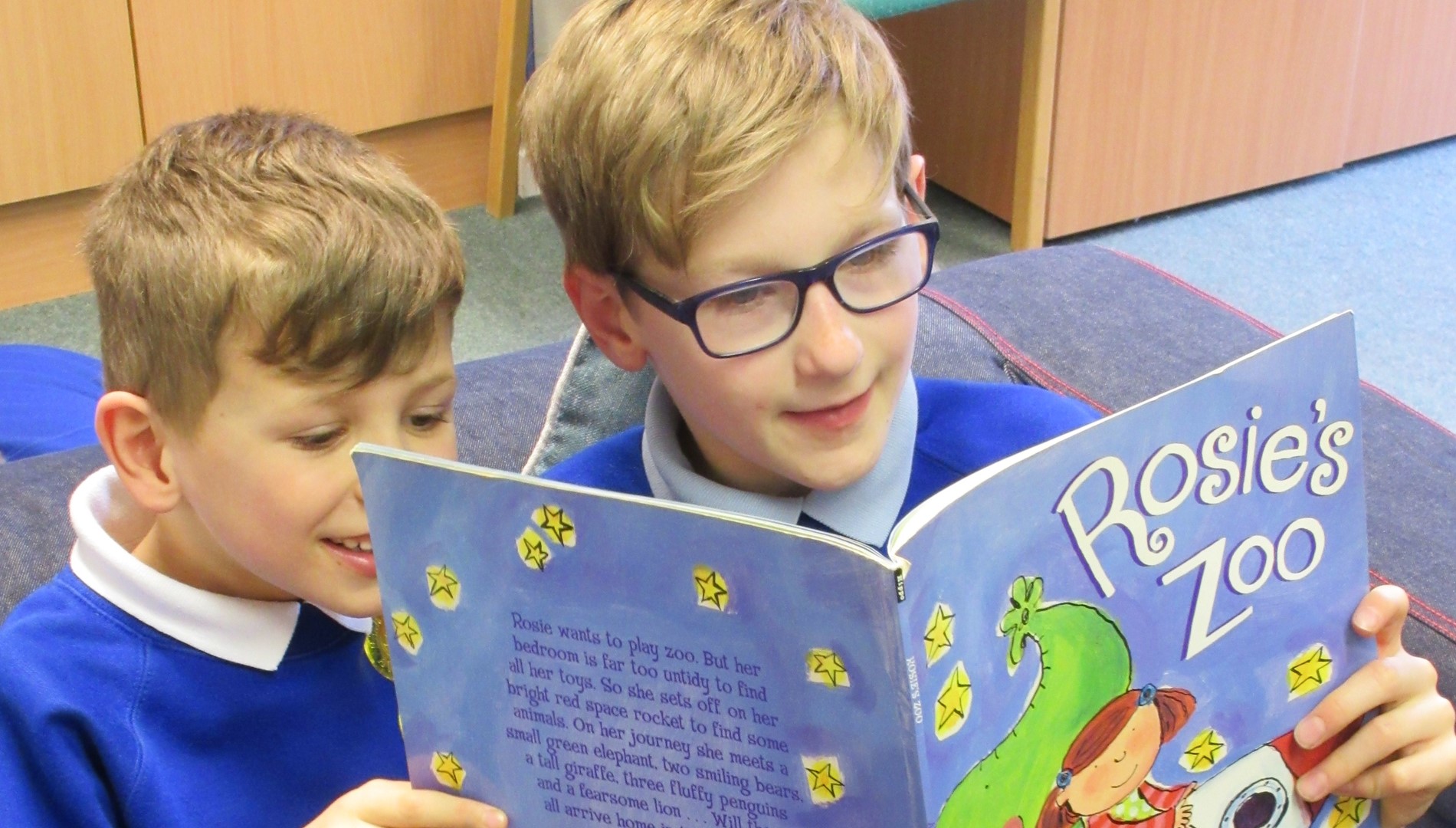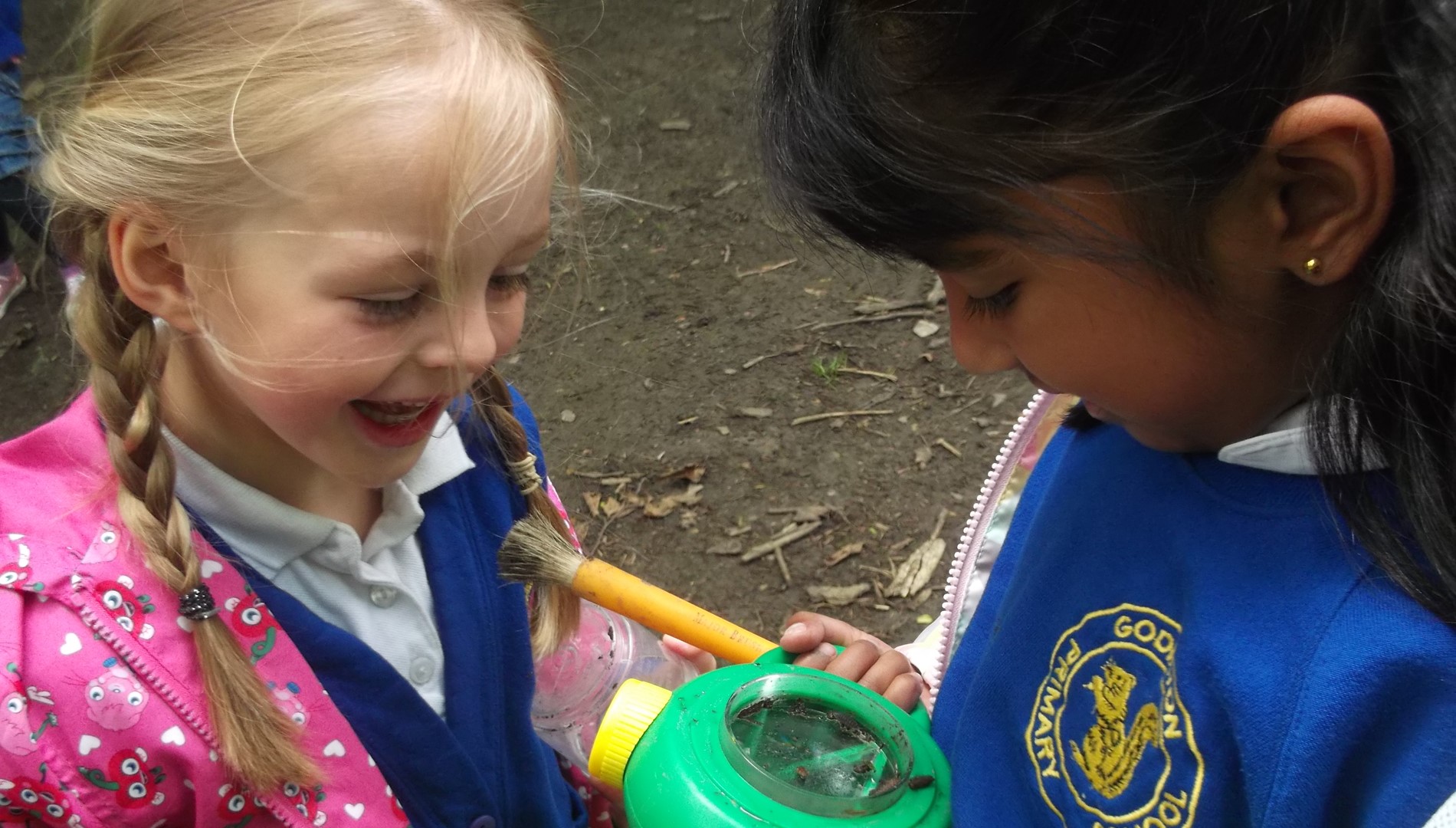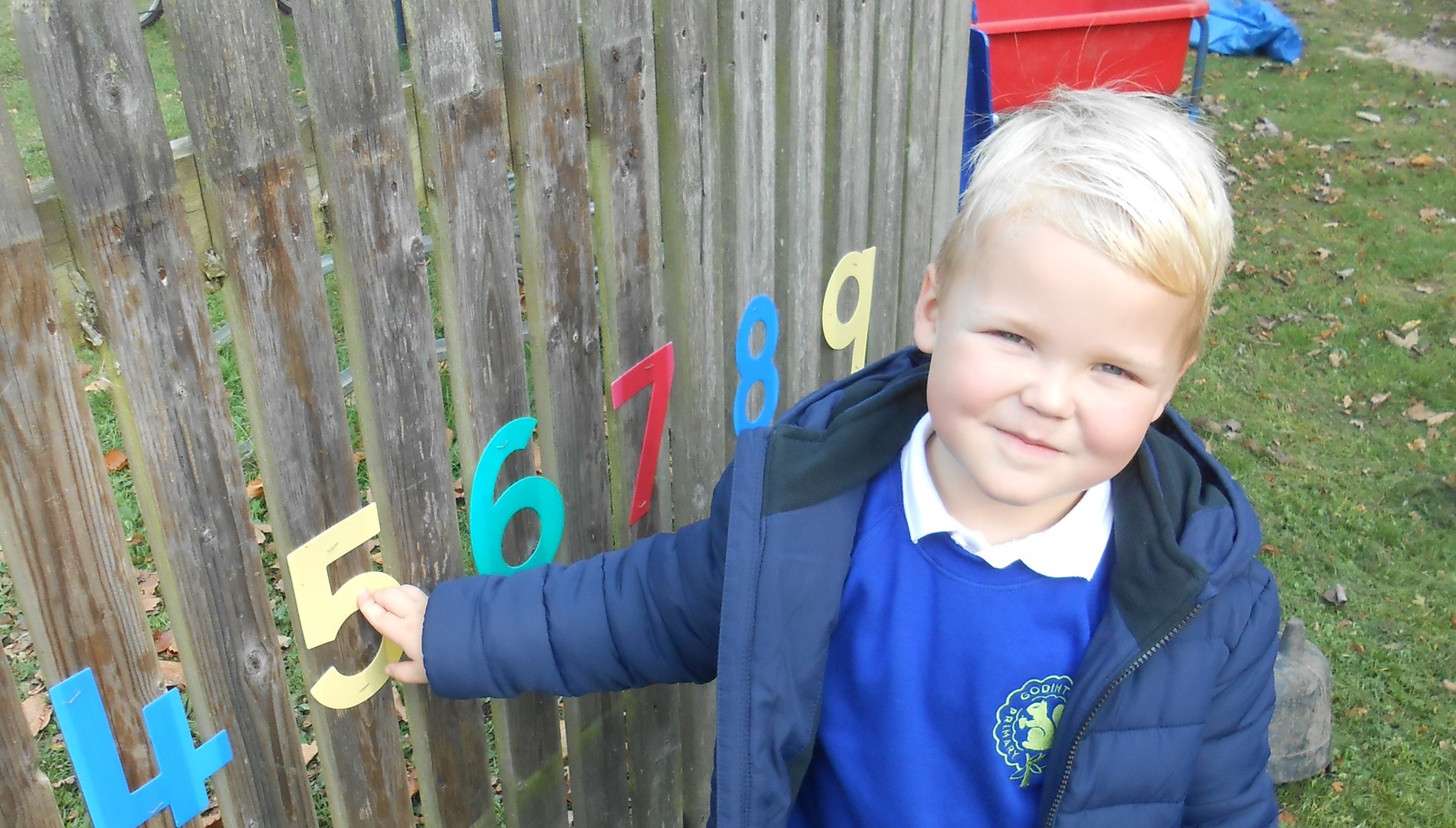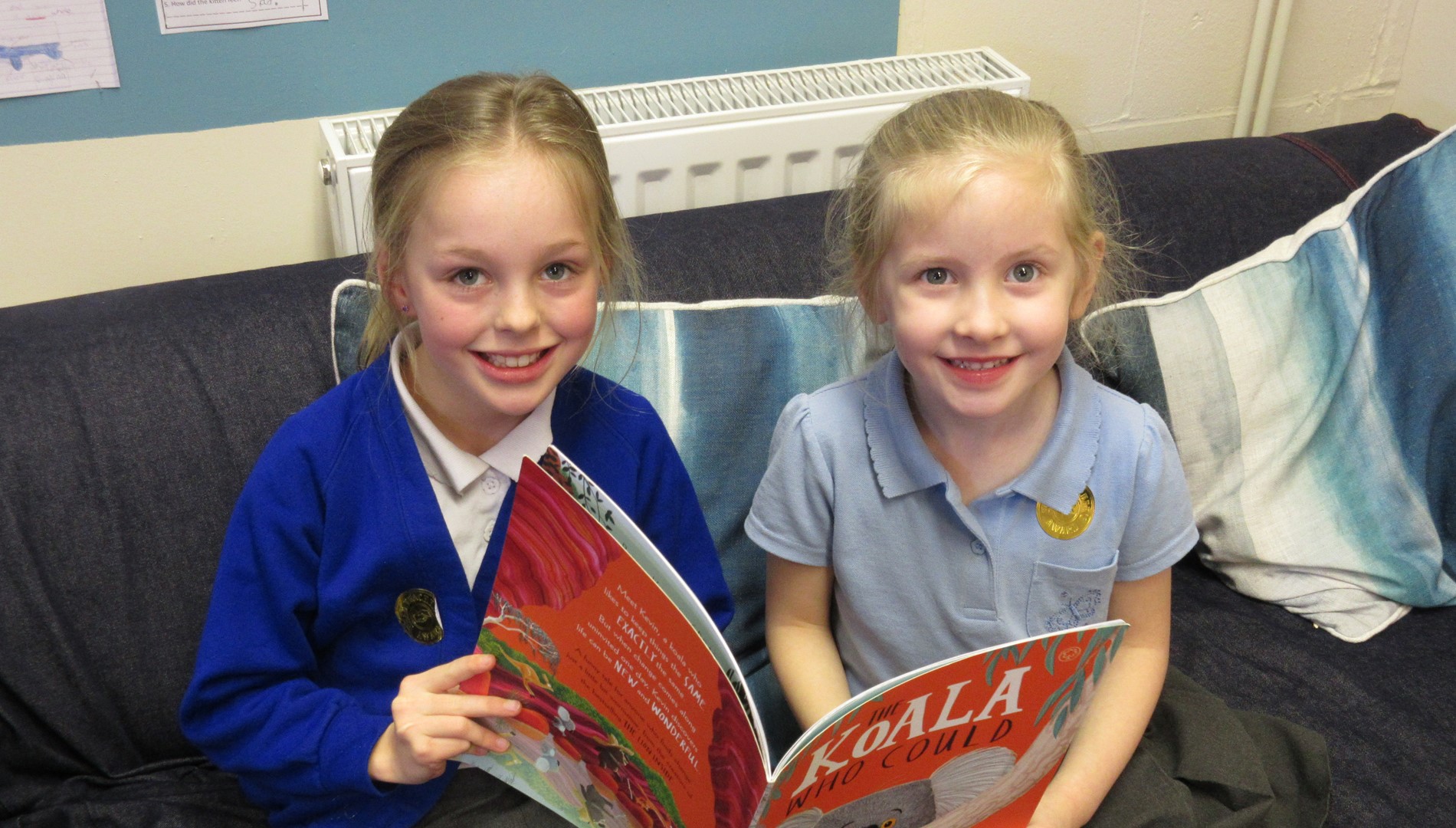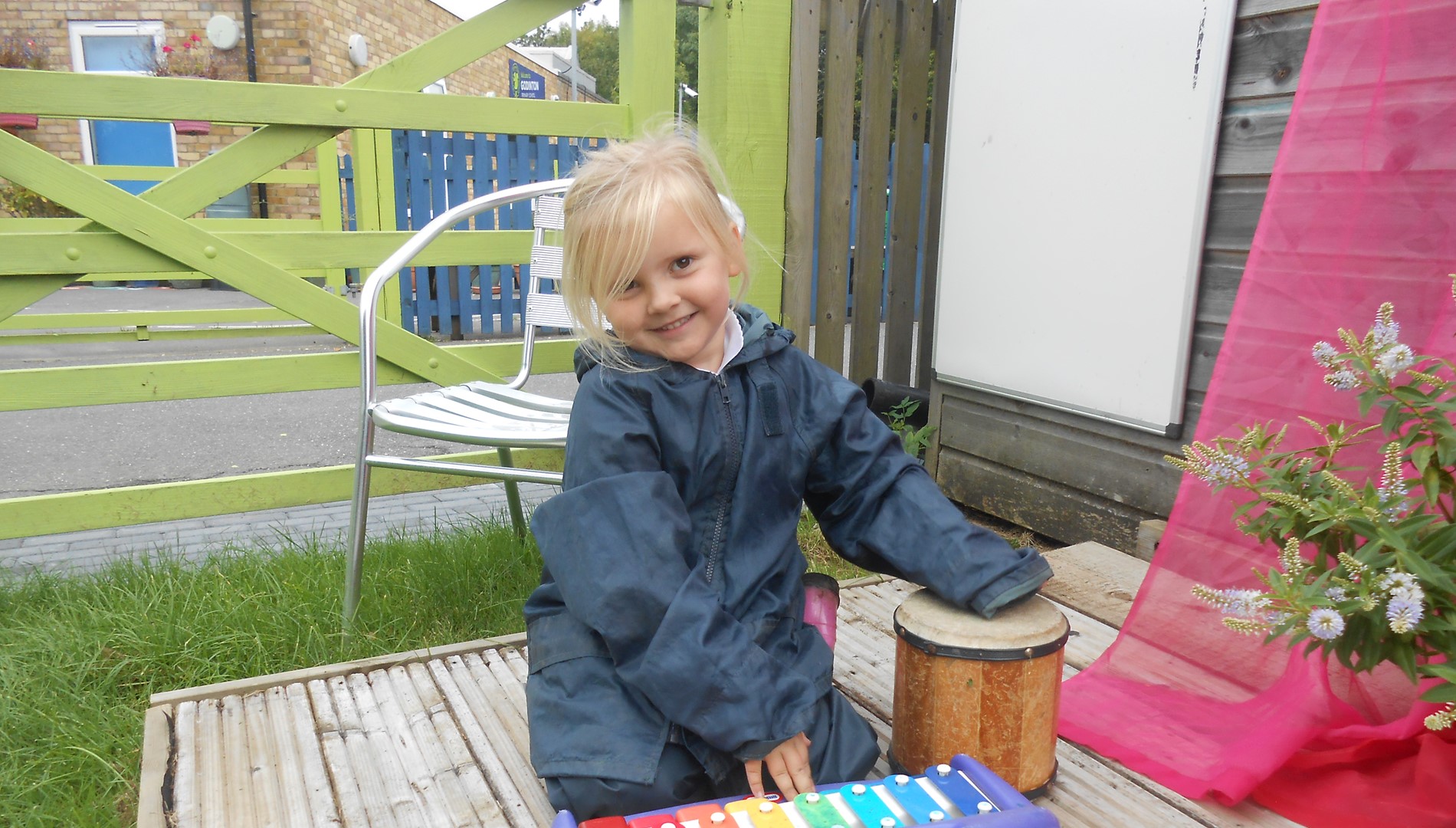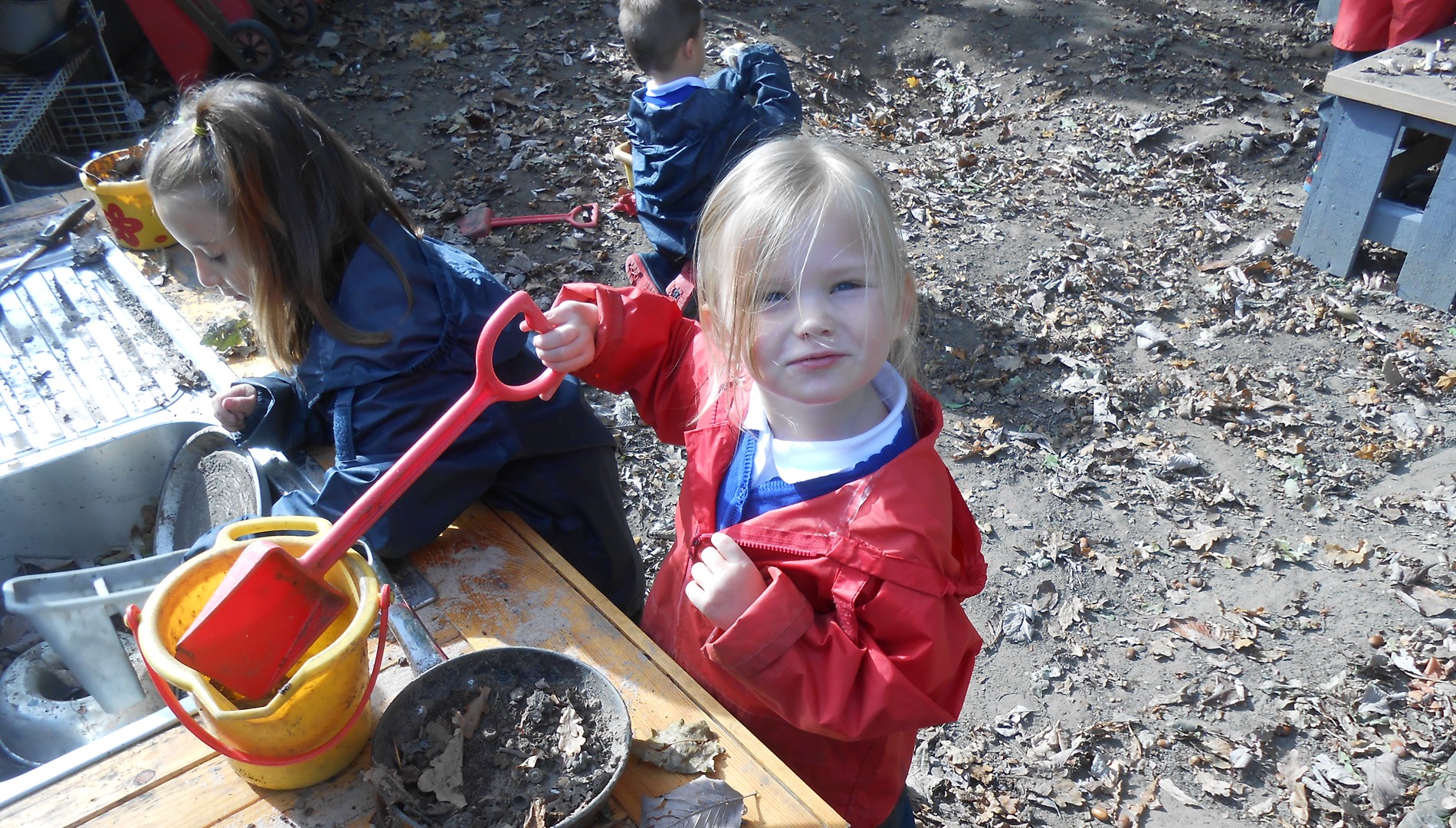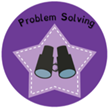Our Mathematical Adventure - The Maths Curriculum at Godinton
Curriculum Intent
Mathematics is essential in everyday life. We have a strong desire for all children at Godinton Primary School to develop an ability to solve problems, to reason, to think logically and to work systematically and accurately– all valuable skills that help children to make sense of the world around them. At Godinton Primary school, we believe all children should enjoy their maths lessons and that all children can achieve in maths. Offering our children a rich and progressive mathematics curriculum is at the forefront of everything we do. We use a range of learning strategies to allow all our children access and enjoy maths and support them to become confident mathematicians who are able to use high quality mathematical dialogue in the classroom. Throughout the school, we use our mastery curriculum to develop fluency and deepen thinking; moving through different representations of mathematical ideas so that our children see mathematics as an interconnected subject. Children are guided and supported in developing number skills, graph work and skills relating to shape and measure. We want our children to see the importance and purpose mathematics has in their everyday lives.
Please click here to view our Maths end point document.
As part of our Guiding Stars curriculum, Maths is the leading light subject for ‘Problem Solving’.
Within our Maths curriculum, the children learn that there is sometimes one answer or multiple answers to a problem. They use a wide variety of skills to investigate and bring their skills and knowledge together to find solutions, exploring all angles. The children identify where they need to start and finish when solving a problem and use the information they already have and look for what else they have to find out. They learn how to select the right operational procedure and if they are not sure, they are guided in how to use a trial and improvement approach. The children understand the importance of checking answers to see if things look right and re-calculate if need be. They make comparisons and use these to help find answers.
Click on the problem solving icon below to find out more about how the children’s understanding of problem solving progresses throughout our Maths curriculum.
Curriculum Implementation
At Godinton Primary School, Maths is taught on a daily basis in mixed ability classes. We follow the teaching sequence outlined by the White Rose Maths Hub schemes of learning. This ensures that a coherent, consistent approach is adopted in all year groups. In Upper School, we have adopted the use of the DFE approved scheme of Power Maths, which is closely aligned to White Rose Schemes of learning. Both of these resources provide teachers with notes and guidance on how to enhance their teaching of the subject along with key vocabulary, questions and discussion and teaching points. The White Rose Maths Hub schemes of learning reflect the content of the Foundation Stage Early Learning Goals and the National Curriculum for Maths. Although as a school we have opted to use the resources mentioned, we also ensure that our staff feel confident in being selective in the resourcing they use for a lesson or are confident to spend longer on a specific skill or concept if they feel that the children in their class would benefit from this.
The curriculum is broken down into small manageable steps in order to ensure that each lesson has a clear focus and helps children understand concepts by following a carefully planned sequence of lessons. This avoids the cognitive overload that can occur when too many concepts are covered at once and ensures that each lesson contributes to the long-term goal. Within each lesson, children have the opportunity to acquire, practice, apply and deepen their knowledge and skills as appropriate. Pupils who understand concepts quickly are challenged by being offered rich and sophisticated problems to deepen their understanding. Concepts are revisited over time so that children can reinforce them and embed them into their long- term memory.
When introduced to a new concept, children have the opportunity to follow the concrete – pictorial - abstract approach. Concrete objects and manipulatives help them understand what they are doing. Alongside these, children use pictorial representations that can be used to help reason and solve problems. Concrete and pictorial representations then help support children’s understanding of abstract methods. During maths lessons, children will also have the opportunity to develop their reasoning skills, orally and written. When reasoning, children are encouraged to support their reasoning with mathematical proof.
All children are included in whole class lessons and teachers provide scaffolding and relevant support as necessary. Children who do not make expected progress are identified and intervention programmes are put in place to support these children. This includes same day intervention that enables children to access the learning planned for the following lesson. Teachers use assessment for learning methods to ensure that the work set for children is matched to ability.
At Godinton Primary, weekly maths homework is set using an online platform called Mathletics. Homework set is an opportunity to practice concepts taught in class each week. Alongside weekly homework, children are encouraged to learn number bonds and times tables on a regular basis.
EYFS
The EYFS framework is structured very differently to the National Curriculum and it is organised across seven areas of learning rather than subject areas. In the EYFS, Maths is a specific area of learning and is made up of two components: number and numerical patterns. Maths also features in the prime area of Communication and Language.
Our EYFS maths curriculum is based upon a desire for the children to enjoy being mathematical – No one is bad at maths! Opportunities for mathematical learning can happen anywhere and are practical wherever possible. What matters is building our children’s confidence and their willingness to have a go, whether at counting, construction or shape puzzles. As supportive relationships are so important, it is imperative for us to find activities that children not only enjoy, but that adults can enjoy too, and base our learning around this. Recognising the maths in everyday activities helps our children’s mathematical learning even further. When playing and in everyday routines, such as having a snack, children can learn lots of maths. Our children are given plenty of time to freely explore the mathematical resources and activities on offer; to pursue their own interests and to make sense of what they see, hear and are taught.
Since September 2022, Reception have also been talking part in the Mastering Number project. The project’s intention is to secure firm foundations in the development of good number sense for all children from Reception through to Year 1 and Year 2. It has been an exciting addition to our maths curriculum and has pushed the children subitising, composition, comparison and counting skills.
It is our aim that when children at Godinton Primary School finish their first year at school and move into Year 1, they will be able to:
- Have a deep understanding of number to 10, including the composition of each number
- Subitise (recognise quantities without counting) up to 5
- Automatically recall (without reference to rhymes, counting or other aids) number bonds up to 5 (including subtraction facts) and some number bonds to 10, including double facts
- Verbally count beyond 20, recognising the pattern of the counting system
- Compare quantities up to 10 in different contexts, recognising when one quantity is greater than, less than or the same as the other quantity
- Explore and represent patterns within numbers up to 10, including evens and odds, double facts and how quantities can be distributed equally.
- Participate in small group, class and one-to-one discussions, offering their own ideas, using recently introduced vocabulary.
Curriculum Impact
As we firmly believe that maths is an essential everyday life skill that they rely on in many areas of life, we want to ensure that our children understand the relevance and importance of what they are learning in relation to real world concepts. We aim for our children to be fluent in mathematics with a sound conceptual understanding and the ability to recall and apply knowledge rapidly and accurately. Our children should have the skills to solve problems by applying their mathematics to a variety of situations with increasing sophistication, including in unfamiliar contexts and to model real-life scenarios. Children will be able to reason mathematically by following a line of enquiry and develop and present a justification, argument or proof using mathematical language. Our children demonstrate a positive view of maths due to learning in an environment where maths is promoted as being an exciting and enjoyable subject in which they can investigate and ask questions; they know that it is OK to be ‘wrong’ and that this can strengthen their learning because the journey to finding an answer is most important. Children are confident to ‘have a go’ and choose the equipment they need to help them to learn along with the strategies they think are best suited to each problem.
Assessment takes place at three connected levels: short-term, medium-term and long-term. These assessments are used to inform teaching in a continuous cycle of planning, teaching and assessment. Teachers will assess children’s understanding, achievement and progress in mathematics using daily assessments, these are based on observations, questioning, quizzes and the marking and evaluation of work.
At the end of Key stage 2, it is our aim that our children reach or exceed age related expectations in mathematics, in line with national outcomes.
